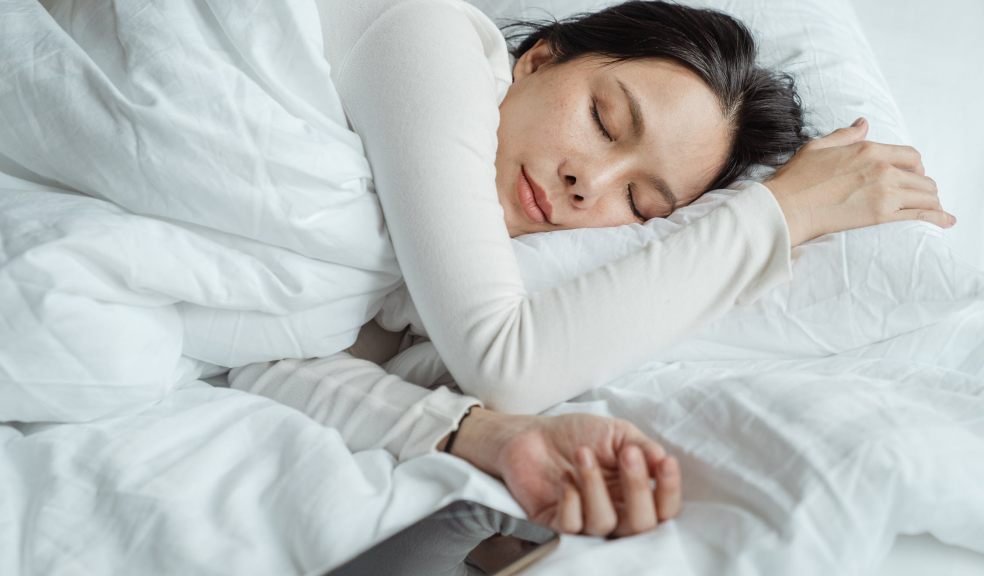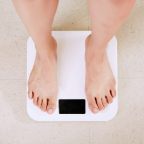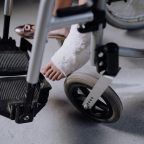
Sleep yourself slimmer
Whether or not you should try to lose weight is a personal decision best made with the help of your doctor. Don't believe everything you read on the internet about health and weight loss. Weight loss isn't for everyone, and it doesn't always imply improved health. However, if you decide you need to make some changes, keep in mind that good health is a lifelong adventure that includes not just good habits but also a positive relationship with your body.
If you're attempting to lose weight, getting enough sleep may be just as crucial as what you eat and how much you exercise.
The Dangers of Poor Sleep
A greater body mass index (BMI) and weight increase have been related to poor sleep in numerous studies. Poor sleep has been linked to weight gain and an increased risk of obesity in both adults and children. Additionally, excess weight exacerbates many sleep disorders, such as sleep apnoea. It's a vicious cycle that's difficult to break free from. Sleep deprivation can lead to weight increase, which can lead to even lower sleep quality.
Getting a Good Night’s Rest
There are a few well-trusted tips on getting the sleep you need for optimum health and weight loss.
Switch off all technology at least an hour before you go to bed. Read a book, add to your journal, take a bath, or meditate. This prepares the body for a good rest. Make this part of your sleep ritual and stick to a schedule. Sleep in a darkened room as the natural sleep hormone, melatonin, is triggered by darkness.
Invest in a good quality bed and mattress that suit your personal needs. It is important to create a relaxing bedroom setting and at Lees, the best bed shop in Grimsby, you are ensured of excellent quality. This is the core of what they have promised to provide for over 100 years. Friendly and experienced employees will ensure that you feel like you are dealing with family.
Avoid large meals and alcohol close to bedtime, as not only can they exacerbate heartburn and make falling asleep difficult, but can also lead to weight gain.
Sleep and Your Appetite
Many studies have discovered that people who are sleep deprived have a larger appetite. Sleep's effect on two key hunger hormones, ghrelin and leptin, is most likely to blame. Furthermore, when you don't get enough sleep, the level of the hormone cortisol in your system rises. Cortisol is a stress hormone that might make you eat more.
According to researchers, sleep deprivation can make you "metabolically sluggish." Your body's capacity to metabolize insulin, a hormone required to convert sugar, carbohydrates, and other foods into energy, deteriorates after just four days of not getting enough sleep. Insulin resistance is a risk factor for obesity and type 2 diabetes.
Will Power and Decision Making
Sleep deprivation affects the way your brain functions. It may be more difficult to make good choices and avoid tempting foods as a result of this. Sleep deprivation causes the frontal lobe of the brain to become less active. The frontal lobe is in charge of self-control and decision-making. Poor sleep has also been associated with an increase in the consumption of high-calorie, high-fat, and high-carbohydrate foods: the comfort food group. By increasing late-night eating, portion sizes, and the time available to eat, poor sleep can increase your calorie consumption.
Poor Sleep Leads to Less Exercise
Sleep deprivation can lead to a lack of energy for exercise and physical activities. Tiredness can make sports and exercise less safe, especially those that require balance. Lack of sleep might affect your motivation, quantity, and intensity of exercise. Getting more sleep could help you perform better.
Sleep deprivation has a significant impact on how the body reacts to food and thus affects weight loss and overall health.













